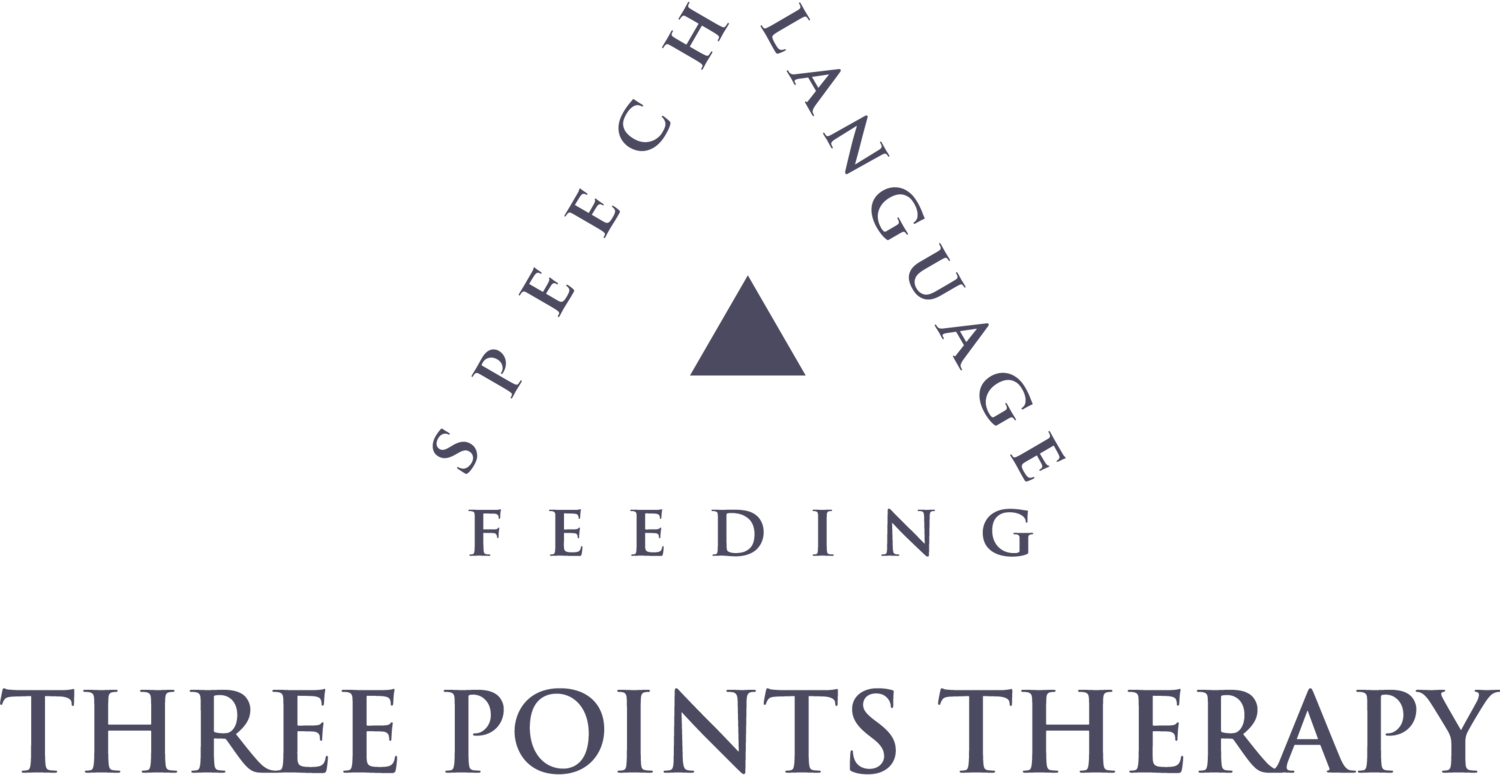5 Myths About Bilingual Children & Navigating Bilingualism
1. Myth: Bilingualism can cause language delays.
- Research shows that bilingual children may reach language milestones at slightly different times compared to monolingual children, but this does not indicate delay. Bilingualism does not cause language impairment or delay when both languages are adequately supported.
2. Myth: Bilingual children will mix up their languages and become confused.
- Code-switching, or mixing languages, is a natural and common phenomenon in bilingual language development. It does not indicate confusion but rather reflects the child's ability to navigate between languages based on social and contextual cues.
3. Myth: Bilingualism hinders academic achievement.
- On the contrary, research suggests that bilingualism can provide cognitive advantages, such as enhanced problem-solving skills, metalinguistic awareness, and a better understanding of language structure. Bilingual children can perform as well as or even outperform monolingual peers in academic settings.
4. Myth: Bilingual children often struggle with grammar and vocabulary.
- Bilingual children follow similar patterns of grammar and vocabulary development as monolingual children. They may have smaller vocabularies in each language initially, but will typically catch up and often exceed monolingual peers in total vocabulary size.
5. Myth: Bilingualism is only beneficial for children from bilingual families.
- Bilingualism can be advantageous for children from various linguistic backgrounds, including those in multilingual communities, immigrant families, and language immersion programs. Embracing linguistic diversity enriches individuals and society as a whole. Even more, bilingual children have cognitive advantages when learning additional languages. This is due to their heightened language awareness and cross-linguistic transfer skills.
After debunking common myths about bilingual children's language development and highlighting the numerous benefits of bilingualism, I invite you to reach out and connect with me as a speech-language pathologist. Whether you have questions about supporting bilingual language development in your child, need guidance on navigating language challenges, or simply want to learn more about how bilingualism can enrich your family's life, I'm here to help. Let's work together to empower bilingual children to thrive linguistically and culturally. Feel free to contact me to schedule a consultation or discuss your specific needs. Together, we can ensure that every child's bilingual journey is filled with success and celebration.

